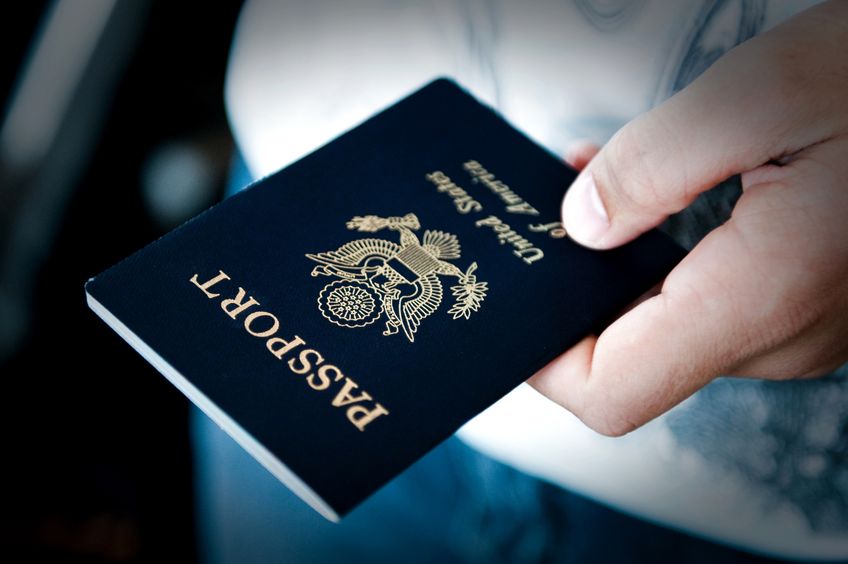
Photo © Greg Blomberg/123rf.
Cuba has no restrictions on international travel. However, the U.S. government does. Most yanquis harbor the false impression that it’s illegal for U.S. citizens to visit Cuba; it’s not. The Supreme Court determined in the 1950s that U.S. citizens have a right to unrestricted travel under the Fifth Amendment. However, for decades, it has been illegal to spend money in Cuba, or to do so in pursuit of travel. The U.S. government can invoke the 1916 Trading with the Enemy Act to prohibit travelers from trading with Cuba. All U.S. citizens traveling with a U.S. Treasury Department license are suspect in the eyes of the Cuban government.To visit Cuba legally U.S. citizens have to either spend no money there or qualify for a license issued by the U.S. Treasury Department in order to buy goods or services. Except as specifically licensed by the Office of Foreign Assets Control (OFAC), payments of any kind in connection with travel to Cuba are prohibited, including prepaid tours to companies in third countries. The regulations change frequently and are open to interpretation by OFAC staff.The regulations apply to U.S. citizens and permanent residents wherever they are located: all people and organizations physically in the United States (including airline passengers in transit) and all branches and subsidiaries of U.S. companies and organizations throughout the world.
On December 17, 2014, President Obama liberalized travel to Cuba. However, he did not end travel restrictions. That’s the prerogative of Congress. Tourism is not among the travel exemptions listed by the White House. These are changes made in December 2014:
At this time, the most important unanswered question is whether the general license will permit individuals to travel solo, rather than with a licensed group, under the “educational activity” license category. This is the category under which “people-to-people educational exchange” group programs have traveled, using a specific license. Obama’s announcement indicates that any tour company, educational institution, etc. that wishes to operate such educational exchange programs can do so without written authority. The entities that are currently licensed won’t need to request a renewal of their specific license. They can simply operate these programs, presumably free of OFAC oversight. U.S. students wishing to study in Cuba may also now simply travel to Cuba with pre-authorization using the general license, so long as it’s for a formal program of study.
Here’s the exact wording from the White House as of December 17, 2014:
General licenses will be made available for all authorized travelers in the following existing categories: (1) family visits; (2) official business of the U.S. government, foreign governments, and certain intergovernmental organizations; (3) journalistic activity; (4) professional research and professional meetings; (5) educational activities; (6) religious activities; (7) public performances, clinics, workshops, athletic and other competitions, and exhibitions; (8) support for the Cuban people; (9) humanitarian projects; (10) activities of private foundations or research or educational institutes; (11) exportation, importation, or transmission of information or information materials; and (12) certain export transactions that may be considered for authorization under existing regulations and guidelines.
To determine if you or your organization qualifies for a general license, contact the Licensing Division, Office of Foreign Assets Control (U.S. Department of the Treasury, 1500 Pennsylvania Ave. NW, Washington, DC 20200, tel. 202/622-2480).
All licensed U.S. travelers to Cuba must have a visa from the Cuban government prior to reserving their flight.
The U.S. government recommends that its citizens arriving in Cuba register at the U.S. Interests Section, in Havana. All U.S. citizens traveling with a U.S. Treasury Department license are suspect in the eyes of the Cuban government. There are reports of innocent U.S. travelers being investigated and even jailed. Licensed U.S. travelers should assume that they may be under surveillance and should avoid any activities that heighten such suspicion.
Excerpted from the Sixth Edition of Moon Cuba.